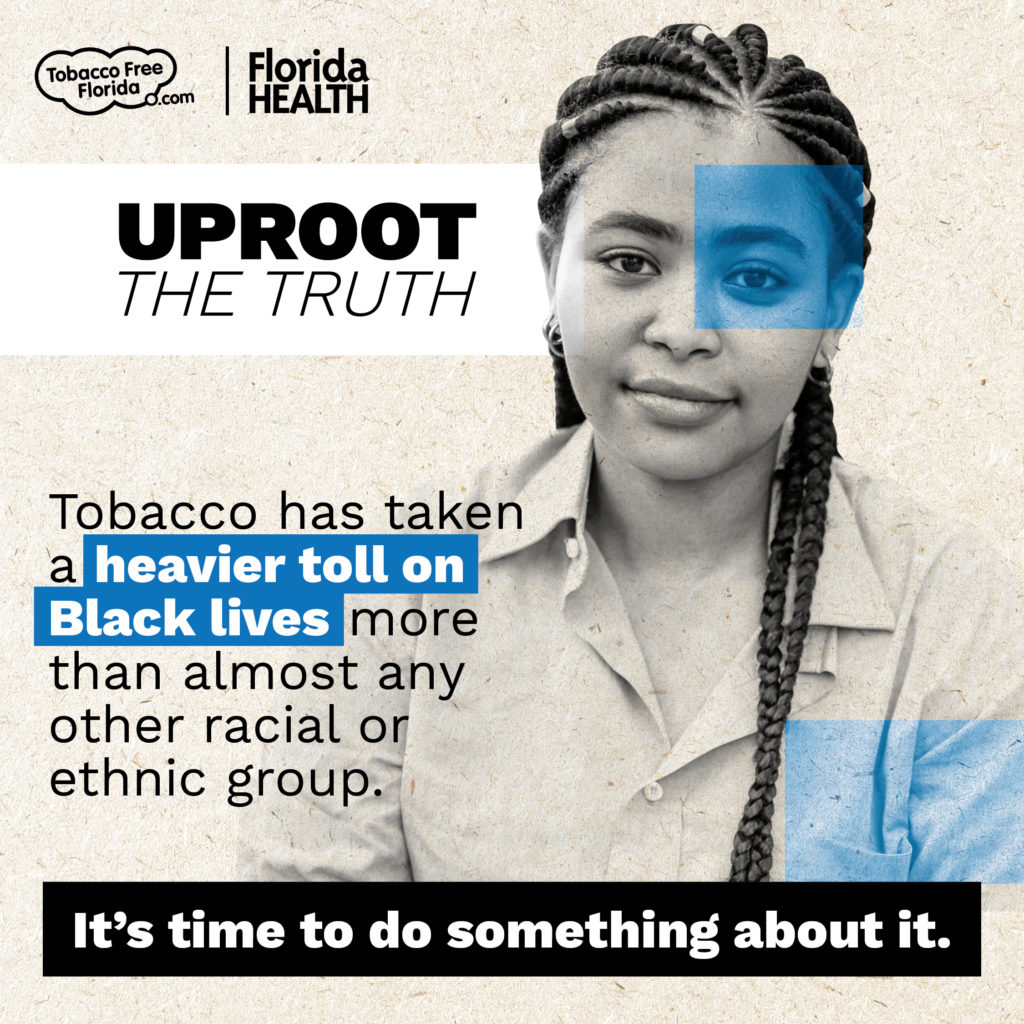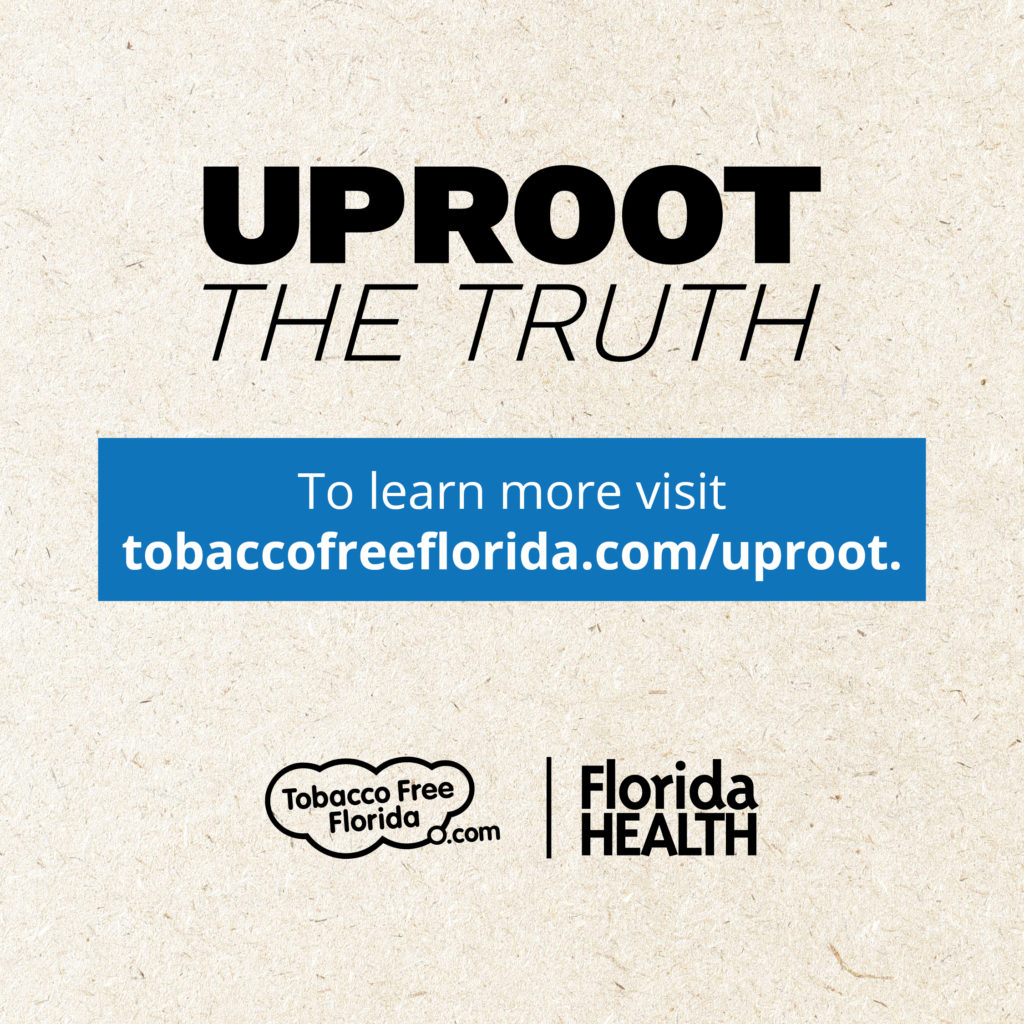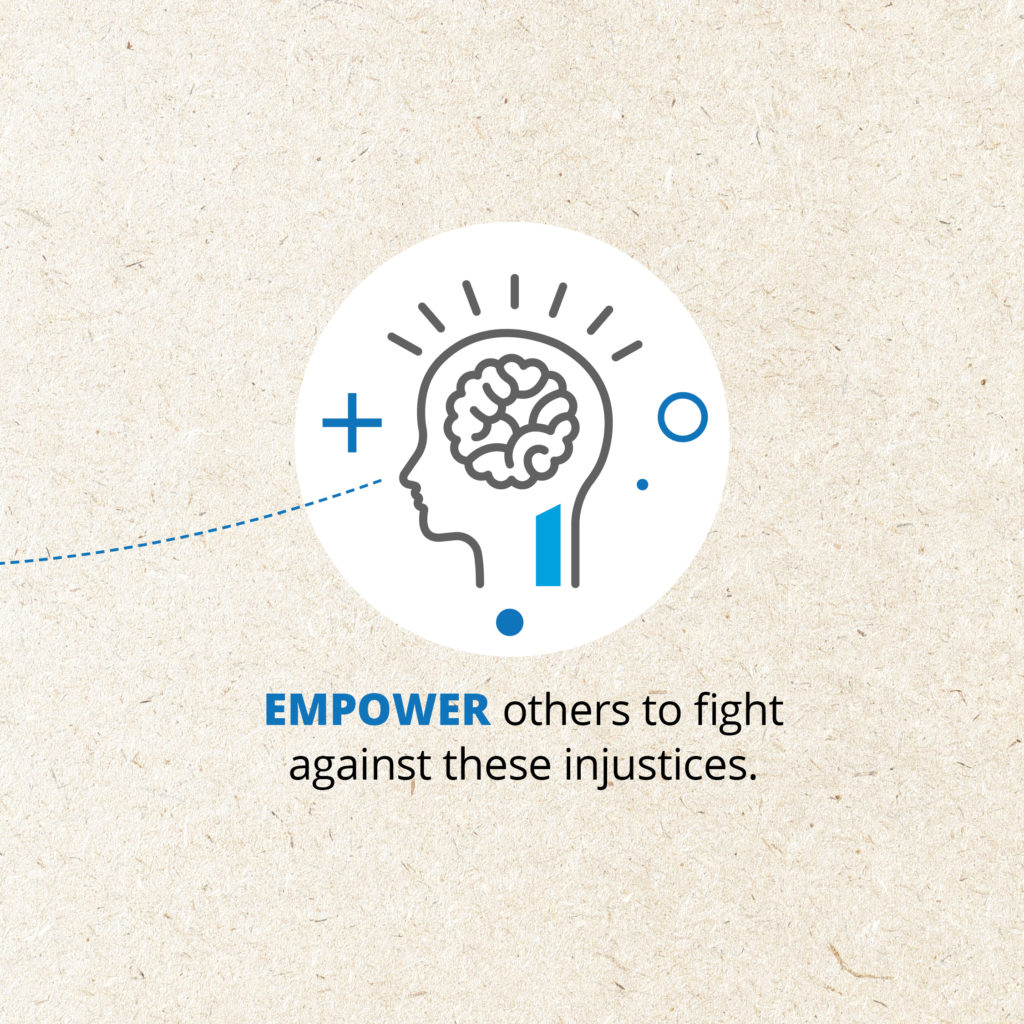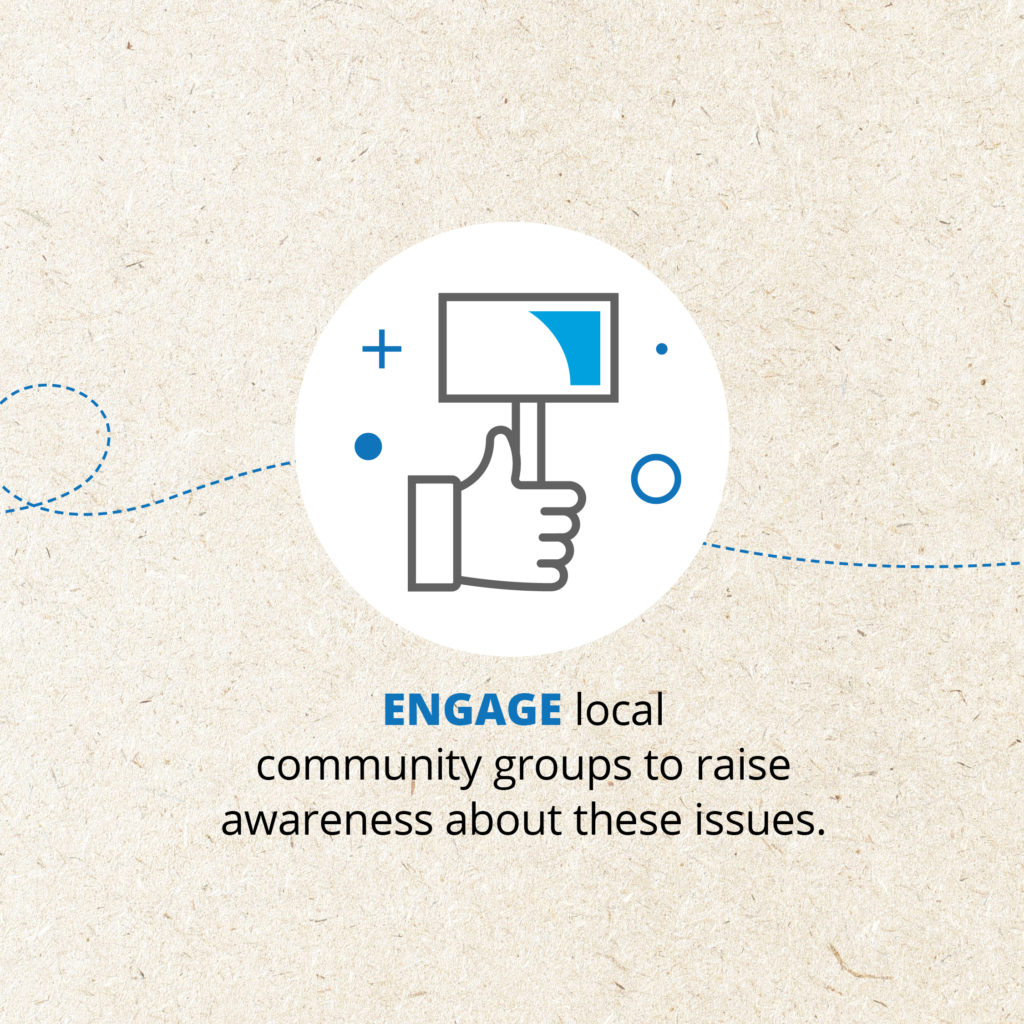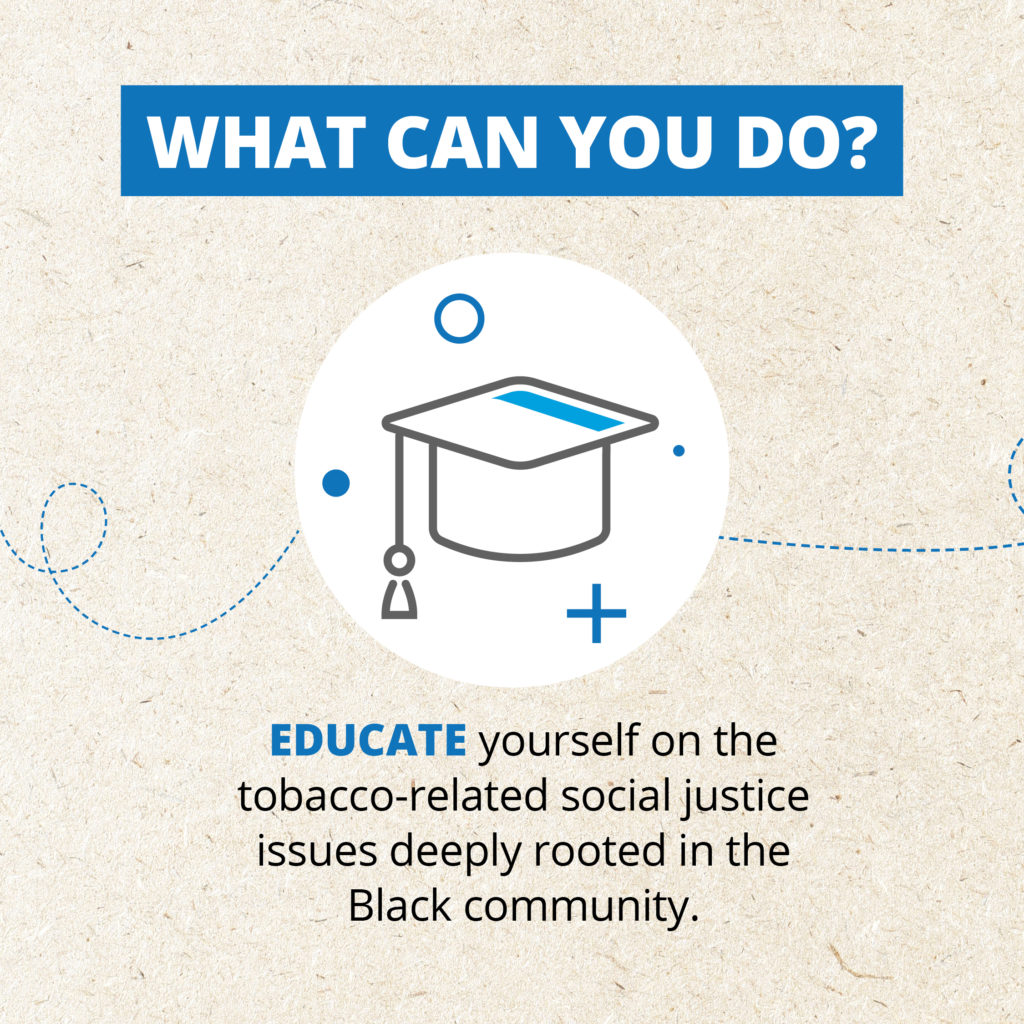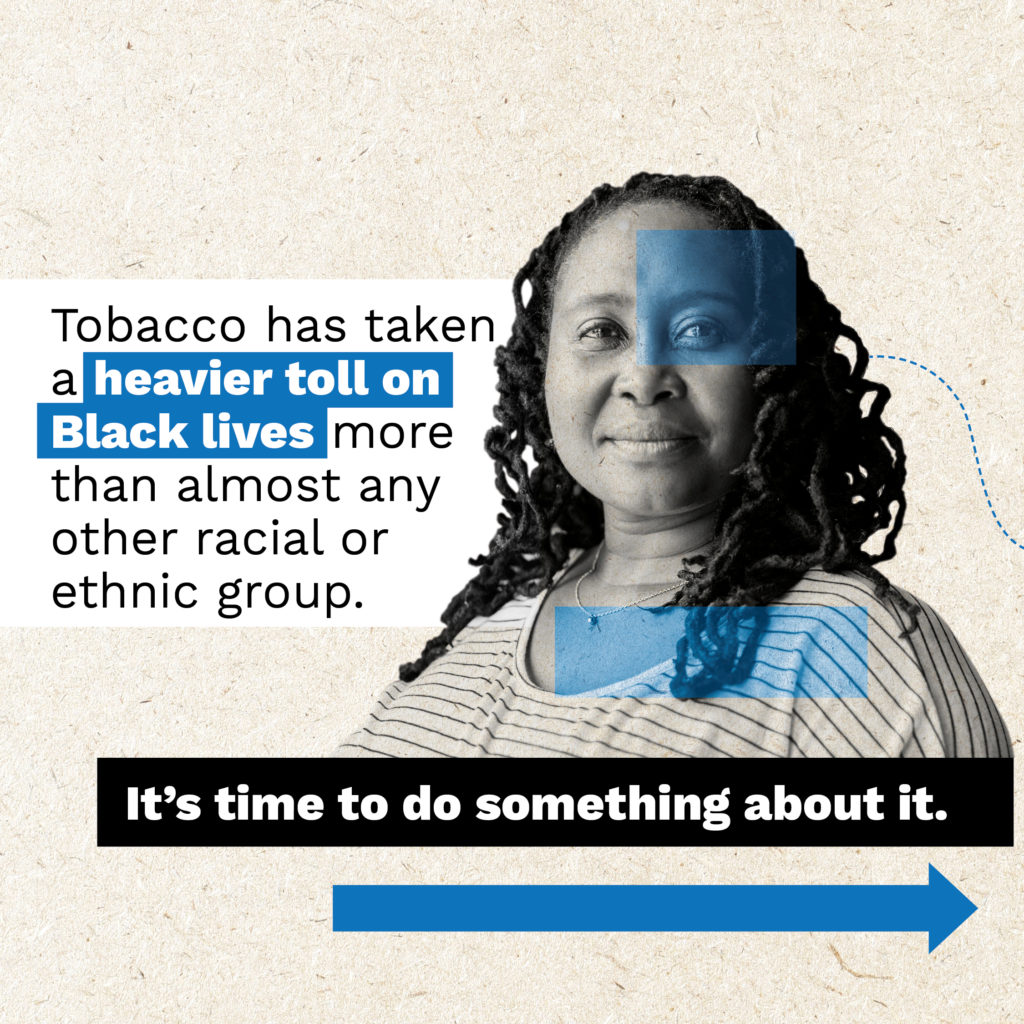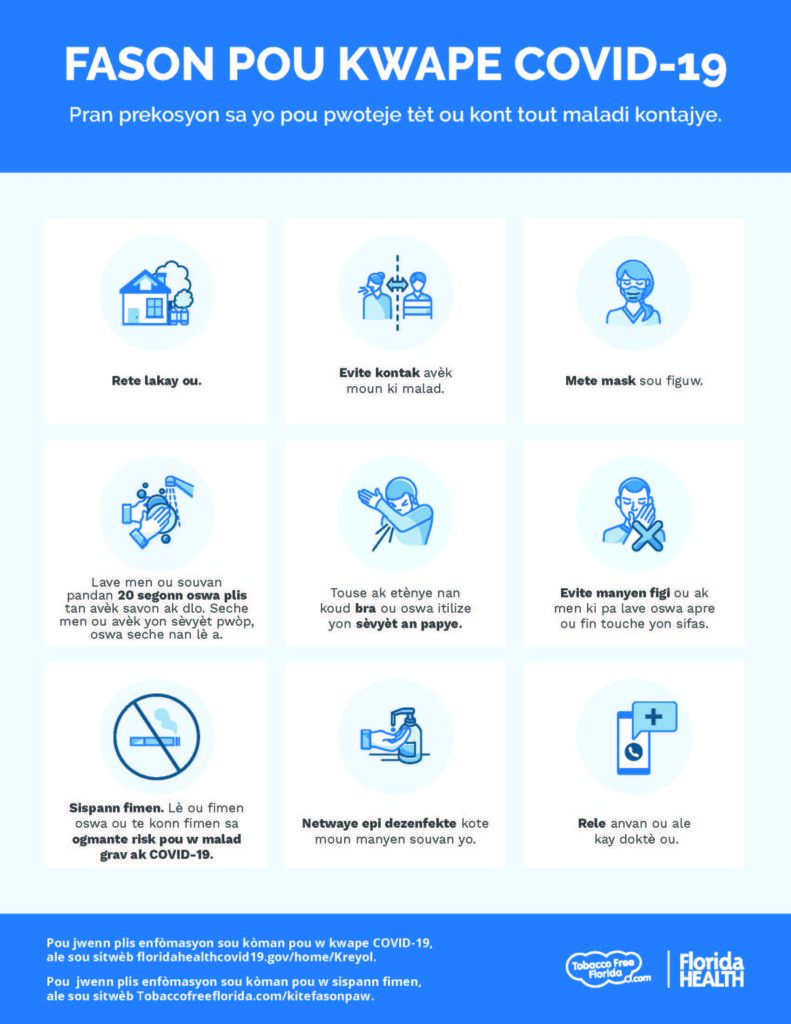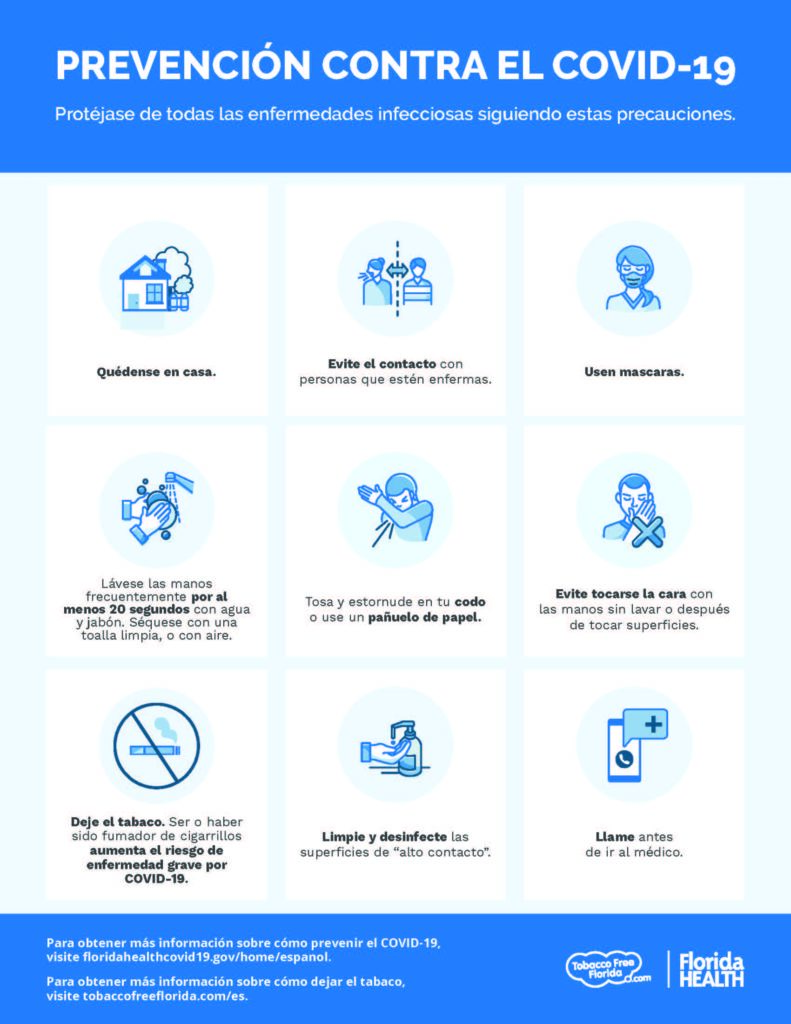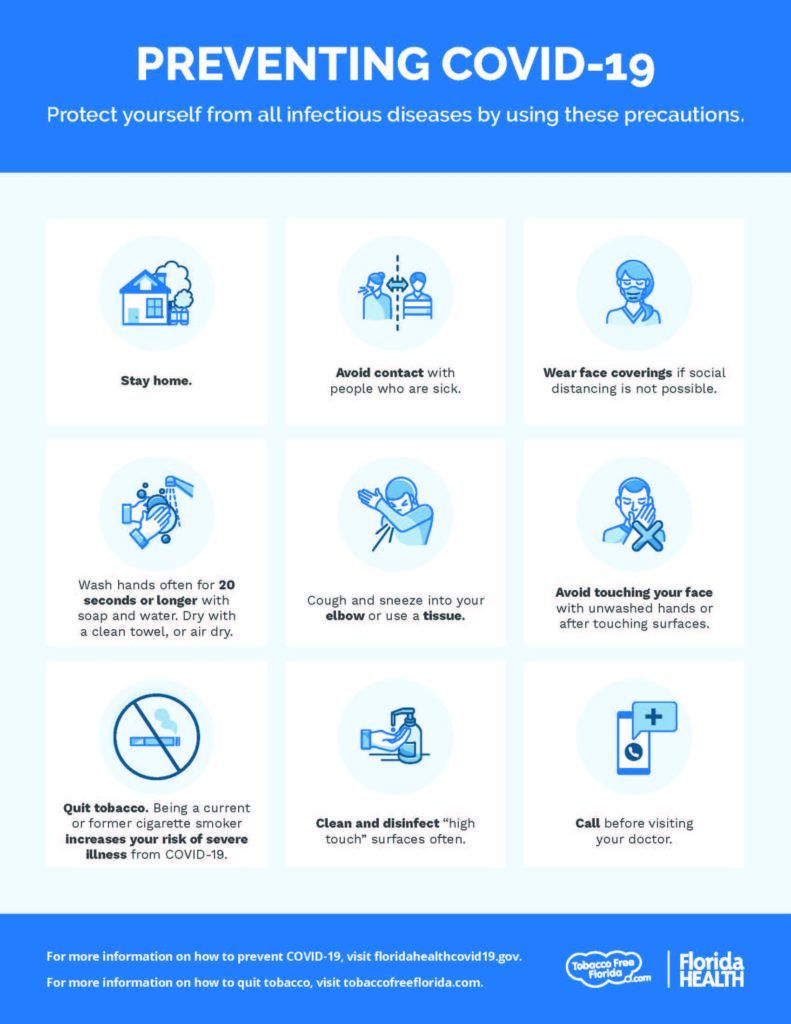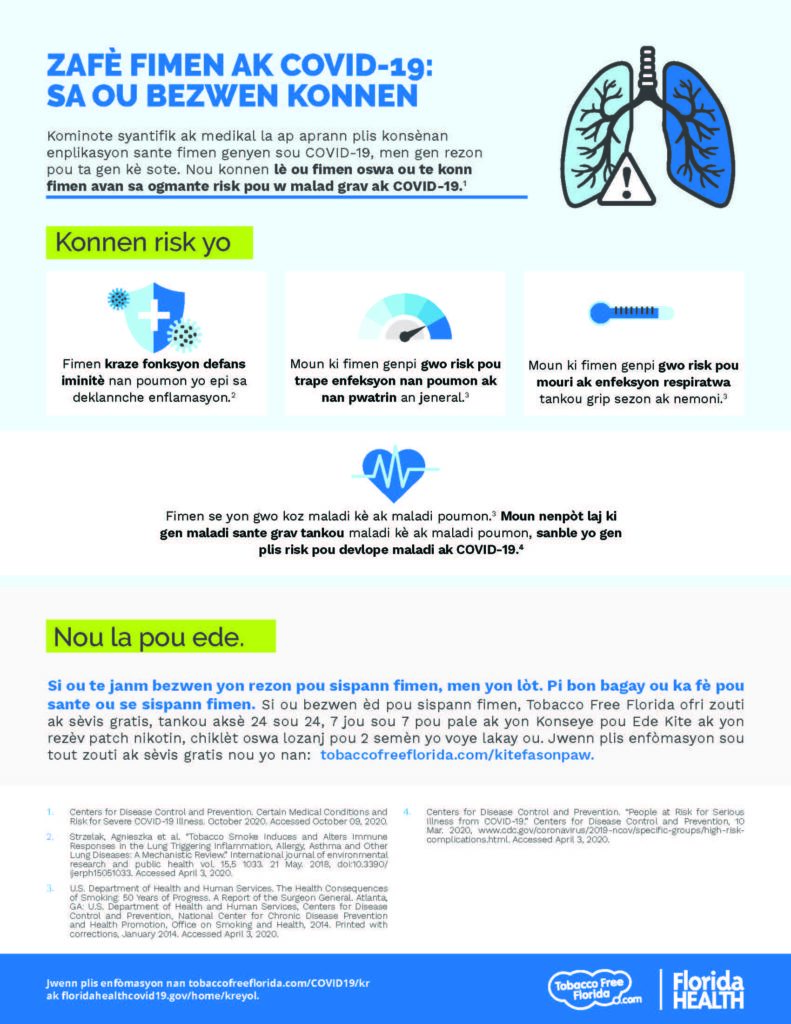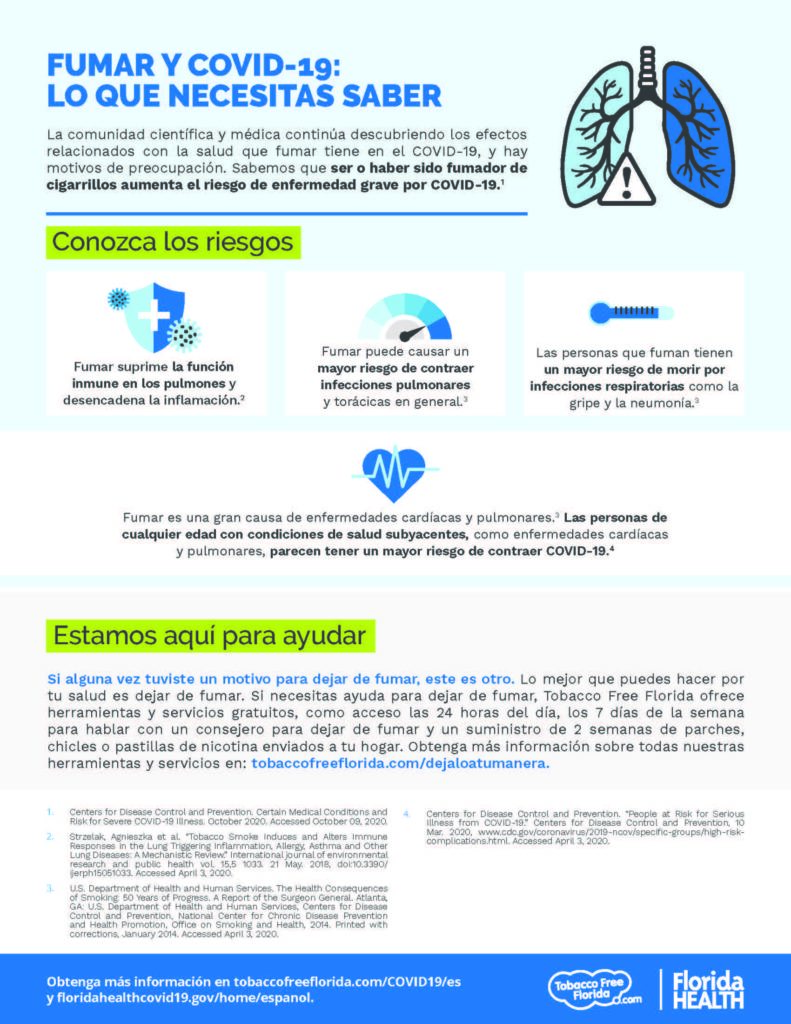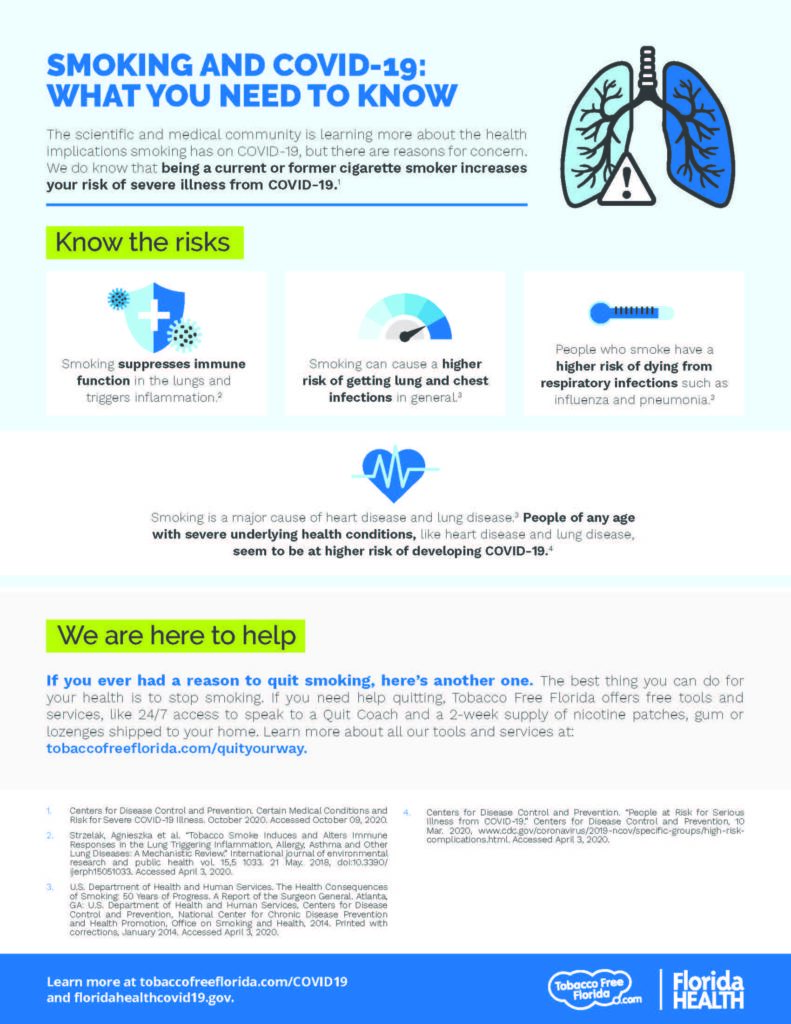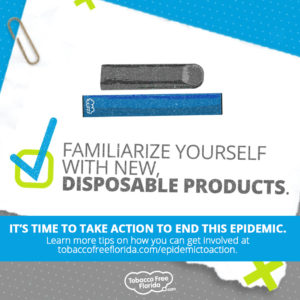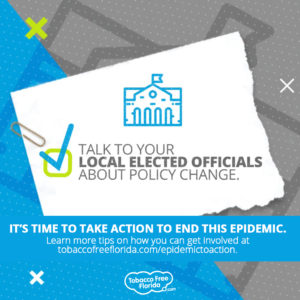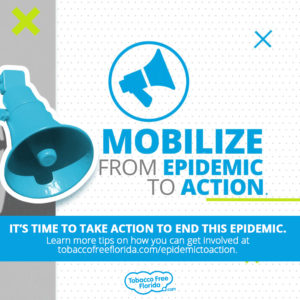Quitting tobacco will have its easier days and harder days. Remember, nicotine is a powerful drug that affects many parts of your body, especially the brain. That’s why quitting tobacco may temporarily cause you to feel discomfort or unpleasant. This is called nicotine withdrawal, and it can impact every smoker differently.
But no matter what, it’s important to stay positive.
Nicotine Withdrawal Symptoms
Quitting tobacco will have its easier days and harder days. Remember, nicotine is a powerful drug that affects many parts of your body, especially the brain. That’s why quitting tobacco may temporarily cause you to feel discomfort or unpleasant. This is called nicotine withdrawal, and it can impact every smoker differently.
But no matter what, it’s important to stay positive.
Take the first step to becoming smokefree
These symptoms are a sign that your body is healing from the damage tobacco has caused. Better yet—symptoms and cravings will fade over time as you stay smokefree, so stick with it!
Here are some temporary symptoms you might experience while you’re quitting, along with what’s causing them, and some tips to power through.
If withdrawal symptoms continue, talk to your doctor or other medical professional right away. Information on this page is not medical advice, diagnosis, or treatment. Always talk to your doctor or other qualified healthcare provider when you have any questions regarding a medical condition.
Hunger
Hunger
Nicotine suppresses appetite, so it’s normal to feel hungrier after you quit.
You will also notice that food smells and tastes better. That’s because smoking dulls the receptors on your tongue which are now returning to normal. Additionally, what feels like hunger pains may actually be your stomach adjusting to saliva, which no longer carries damaging nicotine.
Tip: Plan a healthy, balanced diet to help avoid weight gain. Keep healthy snacks around, drink plenty of water, and enjoy your newly restored sense of taste!
Constipation
Constipation
Nicotine stimulates your metabolism, which is how your body breaks down food to turn it into energy. After quitting, you may notice that it takes more effort to go to the bathroom, but a great way to prevent this is to drink lots of water.
Tip: Add foods with fiber into your diet, such as vegetables, fruits and whole grains.
Perspiration
Perspiration
Perspiration (sweating) is one way your body gets rid of toxic chemicals. If you’ve noticed an increase in the amount you sweat since quitting, this is your body processing out these chemicals.
Tip: Be sure to drink lots of water to replace any fluids you might be losing.
Itchy Hands & Feet, Sore Scalp
Itchy Hands & Feet, Sore Scalp
Smoking can make it harder for your blood to circulate. Now that you’ve stopped smoking, your blood flow is improving, bringing sensation back to your legs, arms and scalp.
Tip: Exercise can help your body restore circulation and a more normal blood flow.
Insomnia
Insomnia
After quitting, you may be tired, yet sometimes unable to fall asleep.
Tip: Practice deep-breathing exercises and relaxation before going to bed. Herbal teas, a warm bath, or a glass of warm milk before bed may also help. If serious insomnia persists, talk to your doctor. Try the 4-7-8 breathing exercise:
- Inhale through your nose for a count of four seconds.
- Hold your breath for a count of seven seconds.
- Exhale completely through your mouth for a count of eight seconds.
- This is one breath. Now inhale again and repeat the cycle three more times for a total of four breaths.
Sleepiness
Sleepiness
Nicotine is a stimulant. Getting off tobacco may initially make you tired as your body begins to adjust.
Tip: Regular exercise can help you maintain a better sleep routine. It’s also a great idea to plan time for extra sleep when you first quit to give yourself time to adjust.
Irritability
Irritability
While you’re quitting, you may be bothered or annoyed by the smallest things. This is not uncommon and should fade over time as you remain smokefree. Nicotine addiction causes stress. Cravings for nicotine also feel stressful because your body begins to go through withdrawal. Cravings typically last 5 to 10 minutes. It might be uncomfortable but try to wait it out.
Tip: Quitting is hard, but the most difficult time is in the first days or weeks. Reward yourself often in the beginning. It doesn’t have to be a big or expensive reward and may be as simple as time spent in a favorite activity. It will help make the whole experience more positive

Nicotine Cravings & Triggers
Certain daily routines (like a morning cup of coffee) or feelings (like stress) often trigger you to grab a cigarette or dip/chew. These triggers can be a huge barrier when trying to quit. By identifying the triggers that lead to your urges and cravings, you can develop new coping mechanisms that replace tobacco.
Talk to Your Doctor
Did you know that working with a healthcare provider such as a doctor, dentist, or pharmacist can greatly increase your chances of quitting smoking for good? Schedule a visit with your healthcare provider and explain to them that you want to quit tobacco and you’d like their help.



